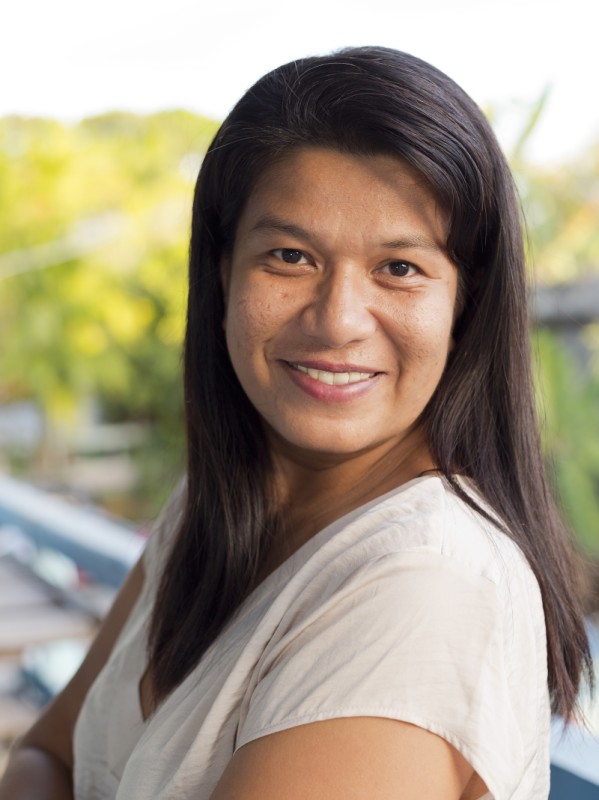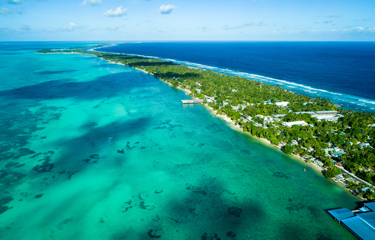The Kiribati government has announced it will open to fishing the Phoenix Islands Protected Area (PIPA) – a 408,250-square-kilometer marine protected area – after a decline in revenue the island-nation's government attributed to the creation of the area.
The Kiribati government said an independent advisory panel found that since the creation of PIPA in 2015, demand for its fishing permits has declined 8 percent, costing the country millions in revenue.
The government said the lost revenue has huge implications on future allocations of Kiribati's vessel day scheme (VDS) share via its participation in the Parties to the Nauru Agreement. For purse-seine fishing, this decline translated to approximately USD 60 million to USD 140 million (EUR 53 million to EUR 123 million) in lost revenue since 2015. For longline fisheries, Kiribati lost out on approximately USD 850,000 (EUR 749,000) annually, or around USD 5.9 million (EUR 5.2 million) since 2015.
When the marine sanctuary was first proposed, the loss of revenue from the closure of the PIPA area was supposed to be offset via a conservation contract with Conservation International and the New England Aquarium. However, the Kiribati government said that so far, the PIPA endowment fund has only raised approximately USD 7 million (EUR 6.1 million), and the interest from the endowment fund has only been sufficient to support the operations and management of the PIPA area.
"The decision to proceed to close off PIPA as a no-take zone was made on the assurances that a ‘reversed fishing license’ regime through the PIPA trust will compensate revenue forgone. This will allow the government of Kiribati to proceed with its intent to conserve its marine resources through the PIPA initiative, and at the same time rely on a new stream of funds to uplift the livelihood of its people,” the Kiribati government said. “[The initiative] has not been able to deliver on the assurances of a ‘reverse fishing license’ as it was originally intended to deliver."
The Kiribati government said its allocations of Kiribati's VDS share under the PNA arrangement,which is based on fishing history, directly translated to a decrease of 720 days of fishing effort under the PNA’s vessel day scheme. PNA members can sell their days for a minimum of USD 8,000 (EUR 7,049) each.
Kiribati waters are the most-productive tuna fishing zone in the Western and Central Pacific Ocean and fishing revenue, and particularly fishing license revenue, is the main income source for Kiribati – accounting for 75 percent of total government revenue in 2016.
The Kiribati government rebuked "assumptions that the decisions regarding our Phoenix Islands Protected Area are being influenced by external parties," saying it was a decision made in the best interests of the country and its residents.
“Our decision as a sovereign country and government is people-centric and commensurate with holistic options for marine protection and management, economic diversification, sustainable tourism, and fisheries, to promote the growth of Kiribati’s blue economy, and uplift the lives of all I-Kiribati,” the government said.
But former Kiribati President Anote Tong – who was instrumental in the creation of PIPA – said that the plan to open up the marine protected area will still have to be subjected to parliamentary discussion. He said he believes the majority of the people in the country are opposed to the change, and that he doesn’t think the government will earn any additional revenue from the reversal.
“I don't see any other way to rationalize this decision, because it seems very unlikely that we would be able to get any additional revenue by opening [PIPA], given the existing fisheries management [and] regional management arrangements,” Tong said.
The Phoenix Islands Protected Area is a fertile spawning area for tuna species, and protecting the area would benefit Kiribati in a longer-term, Tong said.
Photo courtesy of Kyung Muk Lim/Shutterstock







